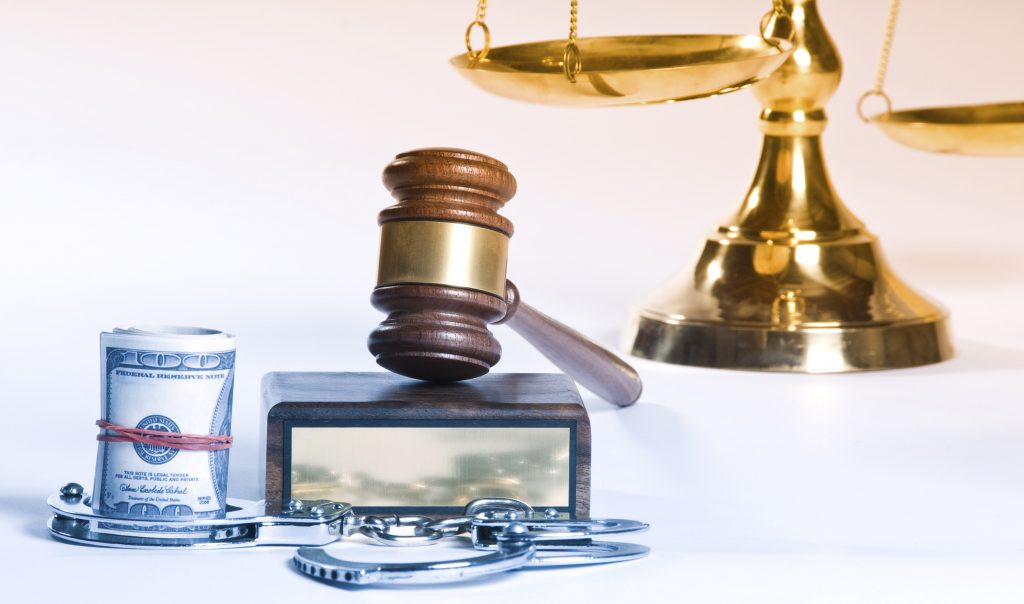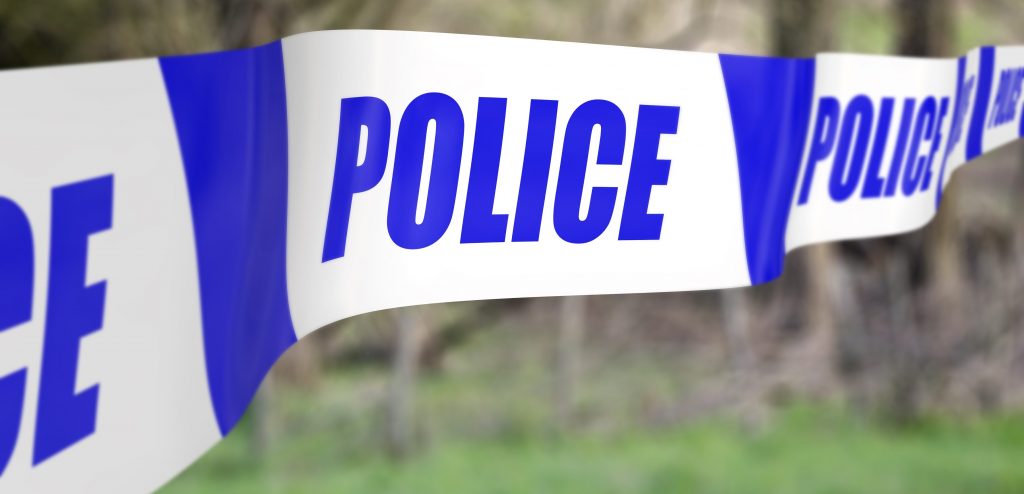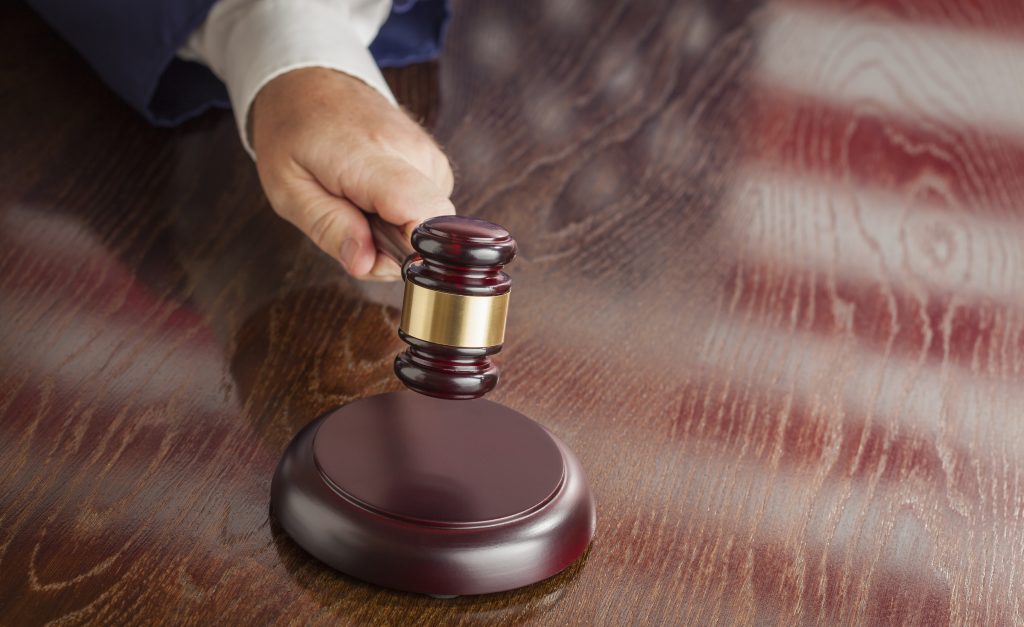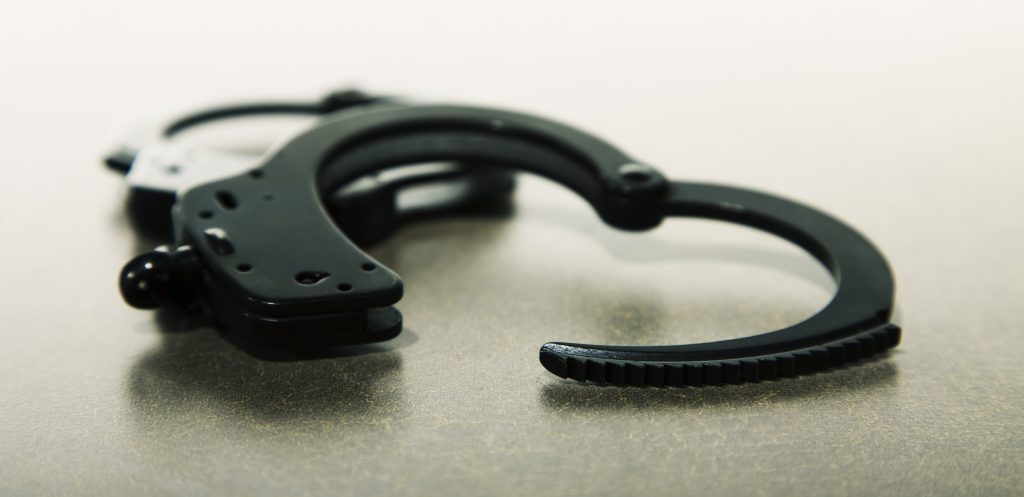Before a person is even charged with a crime, it is common for a preliminary hearing to take place between judges and prosecution to determine whether or not there is sufficient probable cause to believe that the person in fact committed the crime in question. Preliminary hearings are also used for other legal purposes, as uses vary among jurisdictions; however, they are mostly to determine if probable cause exists in a criminal case. Continue reading to learn more about preliminary hearings.

Criminal Defense Law Firm 317-636-7514
Preliminary Hearings
When law enforcement has good reason to believe that a person has committed a crime, this is called “probable cause.” For this reason, it is common for a preliminary hearing to occur before a person is charged with a crime. Essentially, preliminary hearings are the beginning of the indictment process for many criminal cases. Prosecution will build a case against a suspected defendant, and then bring it to a judge for approval to move forward with filing formal charges against the defendant.
If the judge agrees that there is enough probable cause, they approve the prosecution’s request to indict a person on particular criminal charges. Other times, preliminary hearings are held directly after a person’s arrest, but before charges are filed. These types of situations are eligible for expungement if a person was arrested but never charged with a crime.
It is important to know that law enforcement and prosecution do not have to prove that a defendant committed a crime; instead, they must only provide enough probable cause to convince a judge that the defendant has committed a crime and should be held in jail or restricted under bond. Here is an example:
A person is pulled over for erratic driving. Because the officer smells alcohol on the driver’s breath, they conduct a chemical test and a field sobriety test, which the driver fails. This evidence is presented to a judge at a preliminary hearing as probable cause that the defendant broke the law by operating a motor vehicle under the influence of alcohol. The judge agrees that the chemical test results show that the driver was operating a vehicle with a blood alcohol level higher than the state legal limit, and should be held over trial. As a result, the defendant moves forward in the criminal justice system.
In a preliminary hearing, it is possible for a judge to decide that there is not enough probable cause to file charges against a person. In this case, if a person has already been arrested, they are released from custody, whether that be jail or bond. If the person has not yet been arrested, nothing happens and no further legal actions are taken against them unless law enforcement finds more evidence to prove their case.
Check back next week to learn about the preliminary hearing process and procedure to finding probable cause!
Where to Find Aggressive Criminal Defense

David E. Lewis Attorney at Law 317-636-7514












